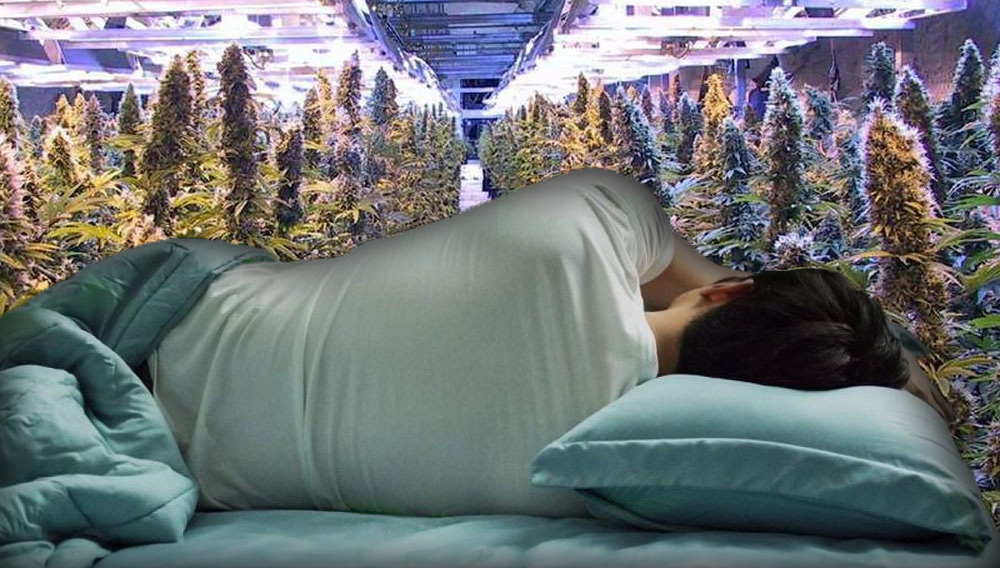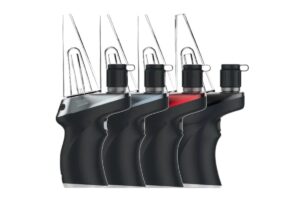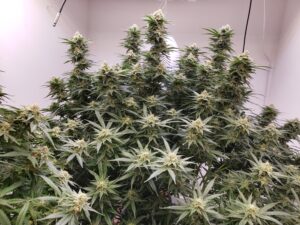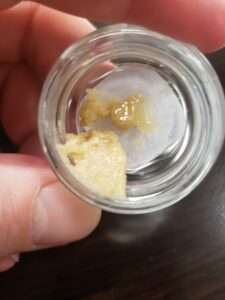The cannabis plant contains several active compounds, including delta-9-tetrahydrocannabinol (THC) CBN and CBD, which have been studied for their potential therapeutic effects. One of the most commonly reported benefits of cannabis use is improved sleep. However, the impact of cannabis on sleep is complex and depends on several factors, including the amount and frequency of use, the method of consumption, and individual differences in metabolism and tolerance. This article will review the current literature on the impact of cannabis on sleep, with a focus on the ideal amount of cannabis consumption for improving sleep.
Cannabis and Sleep
Cannabis has been used for centuries as a sleep aid, and recent research suggests that it may have some benefits for improving sleep. A study published in the Journal of Clinical Sleep Medicine found that cannabis use was associated with a reduction in the time it takes to fall asleep, an increase in total sleep time, and a reduction in the number of awakenings during the night. The study also found that cannabis use was associated with a reduction in the severity of insomnia symptoms.
Another study published in the Journal of Psychoactive Drugs found that cannabis use was associated with improvements in subjective sleep quality, although the effects were more pronounced for individuals who reported using cannabis for medical purposes rather than recreational use. The study also found that cannabis use was associated with an increase in daytime sleepiness and a decrease in sleep efficiency, which is a measure of the percentage of time spent asleep during the total time spent in bed.
However, the impact of cannabis on sleep is not entirely clear. Some studies have found that cannabis use can disrupt the sleep cycle, leading to a decrease in the amount of rapid eye movement (REM) sleep, which is important for memory consolidation and emotional regulation. REM sleep typically occurs in the later stages of the sleep cycle and is characterized by rapid eye movements and vivid dreaming. Cannabis use has also been associated with an increase in sleep apnea, a condition in which breathing repeatedly stops and starts during sleep.
Ideal Amount of Cannabis Consumption for Sleep
The ideal amount of cannabis consumption for improving sleep is difficult to determine, as it depends on several factors, including the individual’s tolerance to cannabis, the method of consumption, and the specific strain and potency of the cannabis. Additionally, the ideal amount of cannabis consumption for sleep may vary depending on the individual’s desired outcome, such as whether they want to fall asleep quickly, stay asleep longer, or improve the overall quality of their sleep.
One study published in the Journal of Clinical Psychopharmacology found that a low dose of THC (4 mg) improved subjective sleep quality and reduced the time it took to fall asleep in individuals with chronic insomnia. However, higher doses of THC (20 and 30 mg) were associated with a decrease in sleep quality and an increase in sleep disturbances. The study also found that CBD did not have a significant impact on sleep.
Another study published in the Journal of Sleep Research found that vaporizing cannabis with 5.5% THC and 5.5% CBD was associated with an increase in total sleep time and a reduction in the time it took to fall asleep. However, the study also found that higher doses of THC (10%) were associated with a decrease in sleep quality and an increase in sleep disturbances.
CBN and Sleep
Cannabinol (CBN) is a cannabinoid that is produced when THC is exposed to oxygen and light. While CBN is not as well-known as THC or CBD, it has been gaining attention for its potential therapeutic effects, including its impact on sleep. CBN is known for its sedative properties, and some studies suggest that it may be particularly effective for improving sleep.
A study published in the journal Pharmacology Biochemistry and Behavior found that CBN had a greater impact on sleep in mice than THC or CBD. The study found that CBN increased total sleep time and reduced the time it took for the mice to fall asleep. Additionally, the study found that CBN was more effective than THC or CBD at reducing wakefulness during the dark cycle, which is when mice are most active. The study suggests that CBN may be a promising therapeutic agent for sleep disorders.
Another study published in the journal Current Neuropharmacology found that CBN had a calming effect on the nervous system, which may help to improve sleep. The study found that CBN interacted with the CB1 and CB2 receptors in the brain, which are involved in the regulation of sleep and wakefulness. The study suggests that CBN may be particularly effective for individuals who have difficulty falling asleep, as it may help to calm the mind and reduce anxiety.
Cannabis may have some benefits for improving sleep, although the impact is complex and depends on several factors, including the amount and frequency of use, the method of consumption, and individual differences in metabolism and tolerance. Studies suggest that a low dose of THC (4 mg) may be ideal for improving subjective sleep quality and reducing the time it takes to fall asleep, although higher doses of THC may lead to a decrease in sleep quality and an increase in sleep disturbances. It is important to note that cannabis should not be relied upon as a long-term solution for sleep problems, as regular use can lead to tolerance, dependence, and other negative side effects. Additionally, individuals with certain medical conditions or who are taking certain medications should consult with their healthcare provider before using cannabis for sleep. Further research is needed to better understand the complex relationship between cannabis and sleep, as well as to identify the ideal amount and frequency of cannabis consumption for improving sleep.













